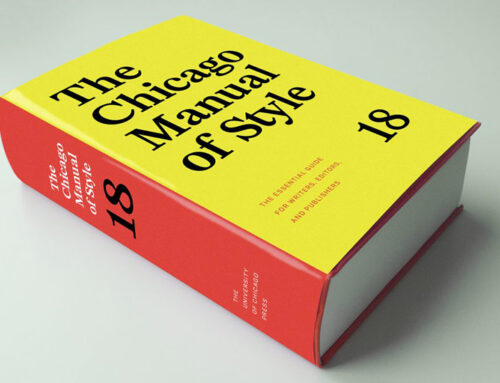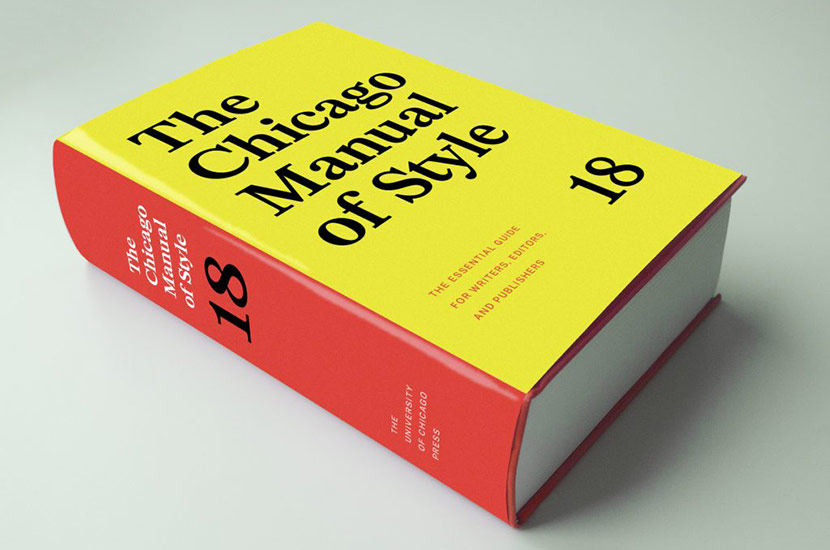Recently, I picked up a self-published book of fiction, and it reminded me of all the reasons self-publishing writers need an editor. Let’s take a moment to look at some of those issues. Because my purpose here isn’t to shame the author, I’ll avoid mentioning the author’s name, the title of the book, and the publishing platform.
The good
The story in this particular book is set in a post-apocalyptic world and focuses on the main character’s journey to find safety and, ultimately, a family and community. It’s an exciting tale of adventure that draws upon the author’s knowledge of — or extensive research into — survival in nature, along with tactics for fighting roving gangs of baddies. The characters are compelling and complex. The author strikes a good balance between description and action. The pacing is spot on.
The bad
But the editing…. As a college writing teacher, it’s not unusual for me to see students revise and edit the first couple of paragraphs of their essays really well and then become tired or too rushed to revise and edit the rest effectively. This author has done the same thing but on a book scale. The first couple of chapters seem to have some polish and a good amount of attention to editing. Beyond that, things get a little rocky. Repetition of words, awkward wording, unclear wording, mixed sentence structures, an abrupt change of a character’s name — these are all errors that could be fixed quite easily. An editor could quickly spot such things as confusion of “site” for “sight” when referring to the aiming device on a gun, for example. Unfortunately, these errors took me out of the story, distracting me from the narrative, pushing me out of that comfortable role of reader and into editor mode. Such mistakes are not only jarring, but disappointing to a reader, a sudden reminder that the writer is an amateur.
The ugly
The simple proofing and correcting aside, I can’t help but think about how this author could really elevate his game with the help of an editor willing to go beyond the basics, too. The dialogue, for instance, needs work. It’s stilted and often unrealistic. Some guidance could help the writer revise to achieve believable, naturally-flowing dialogue. A good editor often teaches, too! A professional editor will notice things a writer might not. An example that comes to mind is the way the author writes women (there is a whole subreddit on this topic, and no author wants his work to end up on r/menwritingwomen). Here we come to the cringe portion of this post. I realized at one point that the author had assured me multiple times that the trio of women the main character meets up with somewhere mid-novel are “beautiful.” In fact, in one chapter, I was reminded they are “beautiful” three times by page five. I was a little creeped out, too, because the main character is a grown man who has impregnated the mother in the trio, but the “beautiful” teenage daughters also desire him. This development seems to have no relevance to the plot, but does instead remind me of the old Mary Sue trope. A good editor will know that women might perceive the writing differently. Or men might have a different perception if the writer is a woman. (A good editor might also suggest varying the wording and “showing” rather than “telling.”)
Why does this matter?
It matters to me as a reader. I actually got the book for free, and I was relieved to have done so by chapter four. I was frustrated because I liked the story and wanted it to be so much more and saw the potential. I wasn’t expecting Kazuo Ishiguro, but for heaven’s sake, respect me as a reader! Although I did like the story, I’m not likely to buy any future books by this author.
I do hope this writer ultimately finds the collaborating editor he needs. I would love to see him reach his potential.









Leave A Comment
You must be logged in to post a comment.